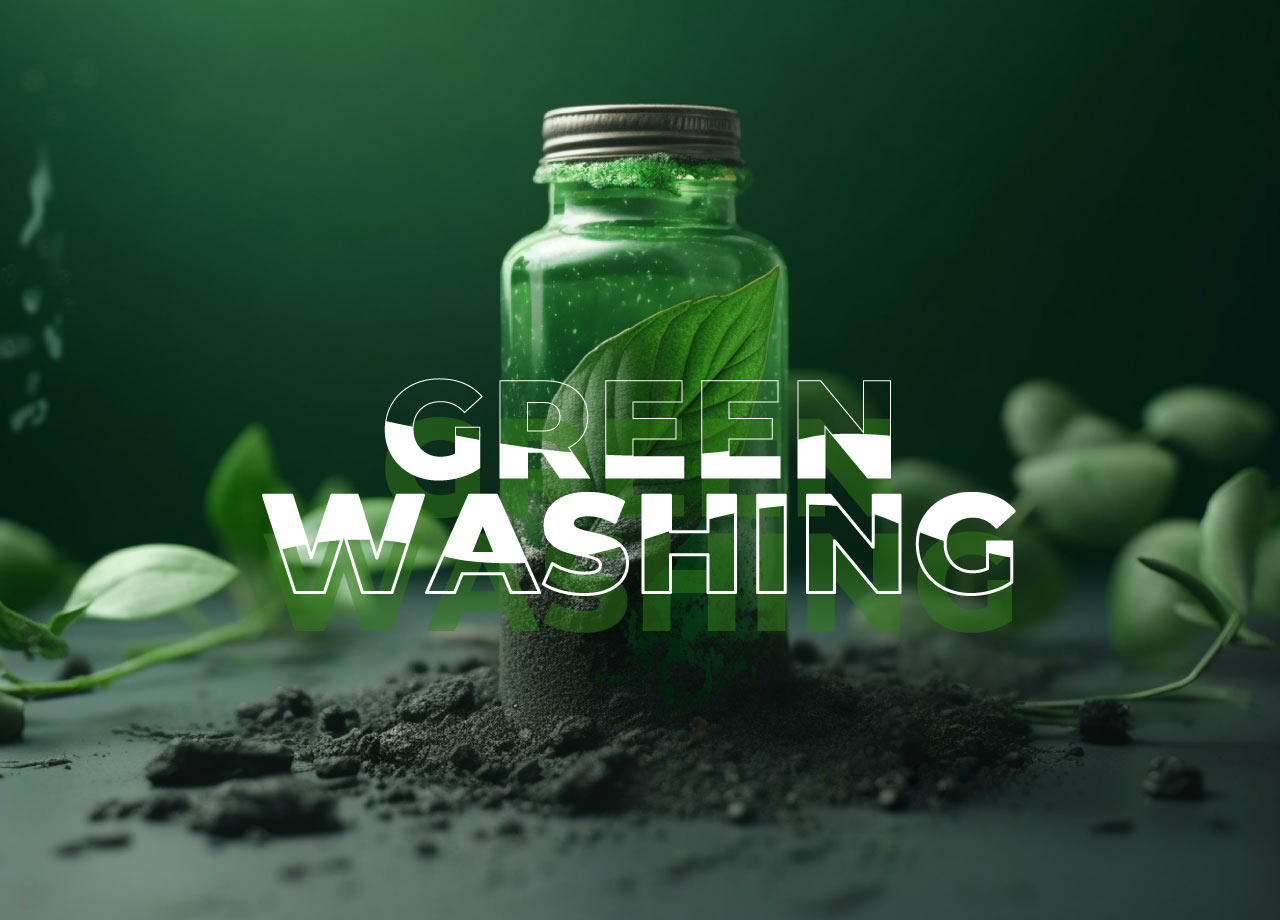On January 17, 2024, the European Parliament adopted a new text relevant to the issue of greenwashing and commercial practices that could be considered misleading and should therefore be banned. With 593 votes in favor (21 against and 14 abstentions), the text with new rules was edited to complement articles 6 and 7 of Directive 2005/29/EC and still needs final approval by the Council before being officially published, with member countries having 2 years to transpose it into their national legislation.
The global context
It's interesting to note that the urgency of the climate transition, which is necessary to halt global warming, is exacerbating two trends: (i) consumer awareness in terms of purchasing choices, as they increasingly want to be an active agent in the climate transition and (ii) reputational and commercial pressure for companies to communicate their activities from the point of view of environmental impact, which doesn't always happen in the responsible and transparent way it should.
In this context, and in recognition of the above factual trends, the new text approved by the European Parliament aims to contribute, within the framework of consumer law, to the promotion of reliable commercial practices. To this end, clearer and more reliable product labeling is required, expressly prohibiting the use of: general environmental claims such as "environmentally friendly", "natural", "biodegradable", "climate neutral" or "eco", which are without proof or when used solely on the basis of offsetting greenhouse gas emissions.
Another important point of regulation in the new text is the standardization of official certification systems (established by public authorities) that will be required within the EU.
Greenwashing: the advances
In the text that has been made available, which has not yet been officially published as explained above, there is also the issue of product durability. In the new European legislation, when there is a characteristic that limits the durability of the product, it is required that the trader (when not the same as the producer or manufacturer) has knowledge of this characteristic and is co-responsible for it, under penalty of being considered negligent with this information, which is essential for ascertaining the environmental impact of the product. In the future, warranty information will have to be more visible and a harmonized label will have to be created to give more prominence to products with an extended warranty period.
Finally, it should be noted that the new text is not to be confused with the so-called "Green Claims Directive", proposed in March 2023 and still under discussion in the parliamentary committee. The measure approved on 17/01/2024 is complementary to the subject proposed in the Green Claims Directive, which in turn will be more specific and detailed with regard to claims of ecological or environmental impact.
In times of ESG and the transversal dimension of sustainability(which, in addition to being environmental, must also be economic and social), it is also important that we pay attention to effectively responsible communication and advertising practices, so that they do not mislead the consumer with regard to the positive impact of business practices.
Responsible communication within legal parameters must cover the entire impact of corporate activity and is an essential tool for the efficient advancement of sustainability.
